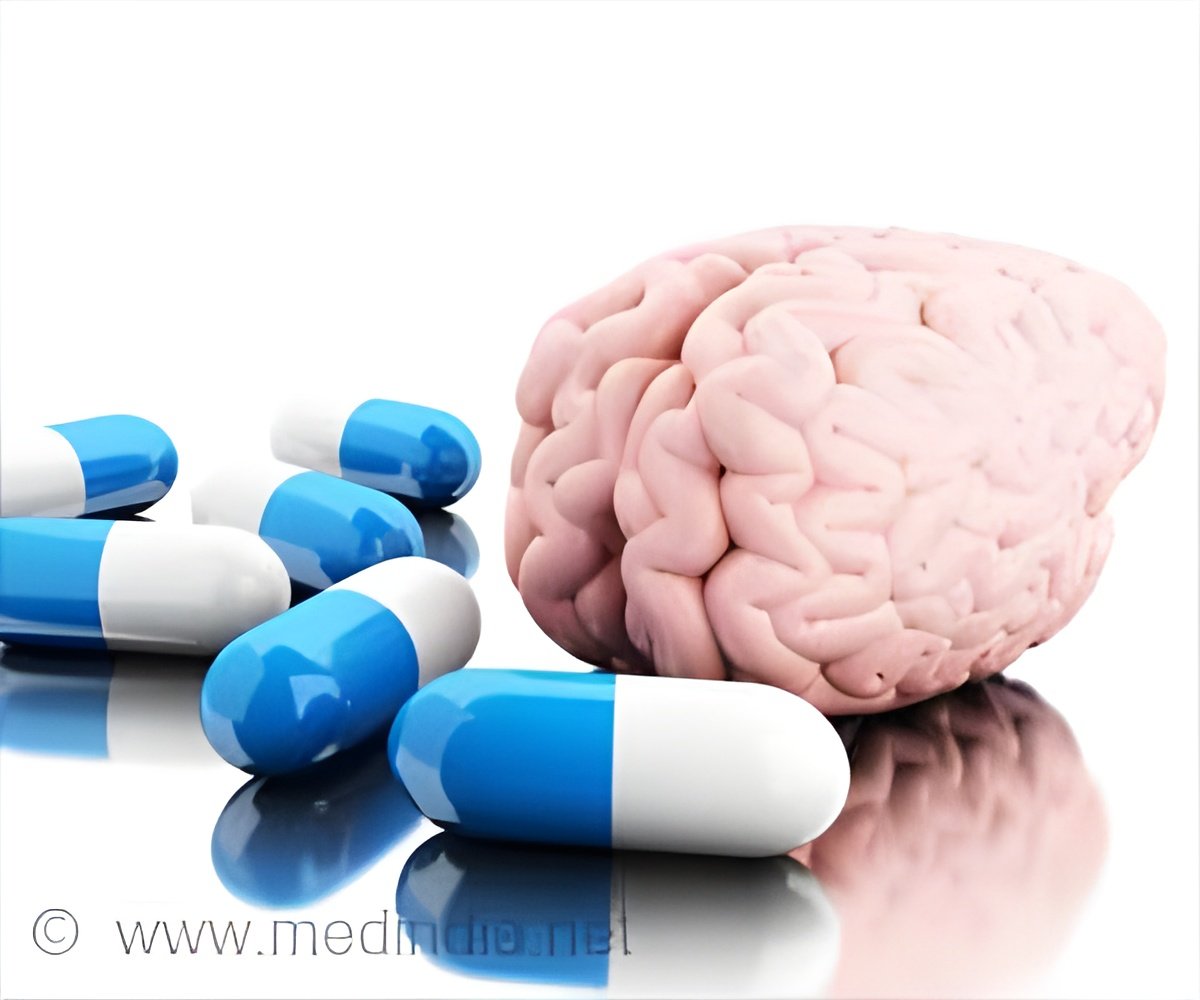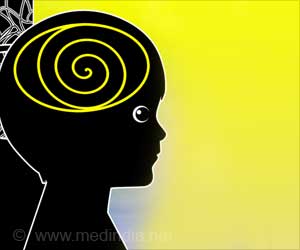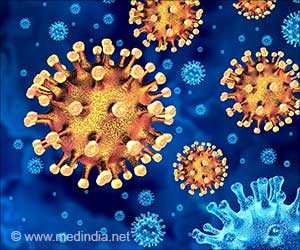Experts note a rising trend in brain diseases among youngsters in India, causing concern.

‘Brain stroke among youngsters in India has been found to be doubled in the last decade as per the experts at ASSOCHAM’s 'Illness to Wellness Summit'.’





Advertisement
Brain Diseases on the Rise in India
"Epilepsy is another brain-related disease that affects more than one crore people in India. Since this affliction is viewed as a social stigma, the number of people with the disease could be much more. People tend to hide that someone in their family is suffering from epilepsy. So there is an urgent need to tackle this stigma at the community level."Speaking at the session, B.N. Gangadhar, Senior Professor of Psychiatry and Director of NIMHANS, said, "Today we are calling our health centers 'wellness centers, which is a welcome step to promote wellness. We are taking positive initiatives to ensure that our senior citizens are aging in a healthy manner. One of the most common issues that negatively impact brain health is stress.
"With age, the human brain loses grey matter and with stress, it shrinks even faster. However, research has proven that people who are long-term practitioners of Yoga retain comparatively more grey matter. Yoga reduces cortisol (the primary stress hormone) and repairs the brain. It is, therefore, important for all of us to adopt Yoga to improve our brain health."
Advertisement
Role of Yoga
Talking about multi-tasking and its impact on the brain, K.S. Anand, Principal Consultant, Dr. RML Hospital, Delhi, said, "We are in the midst of a multitasking pandemic where smartness is equated with multi-tasking and it is perceived as a way to get ahead in one's life. But the actual smart thing to do is single-tasking, which not only makes you more productive but is also beneficial to one's mental health."Another important aspect is the 'Cognitive Reserve' and how it protects against brain losses that occur due to aging or disease. To enhance our cognitive reserve we should keep our brains active. The mantra is 'Use it or Lose it'. Even after retirement people should actively read, listen to music, do gardening, keep a pet, or even learn a new language. Daily exercise and sound sleep are also equally important to prevent and enhance mental wellness."
On the role of Yoga in preventing lifestyle diseases, Ishwar V. Basavaraddi, Director, Morarji Desai National Institute of Yoga, Ministry of Ayush, said, "The International Day of Yoga has launched nine years ago, and today it has become a mass movement. Yoga is the best model for prevention and can work wonders in preventing many lifestyle disorders. During a diabetic research project, it was found that people who were borderline diabetic saw great improvement after practicing yoga for three months. A combination of detox, diet modification, and lifestyle modification can help prevent a variety of lifestyle diseases."
Move Towards Healthy Lifestyle
The inaugural edition of the ASSOCHAM Awareness Summit has a goal to promote widespread knowledge about various health-related concerns for the betterment of everyone's well-being.The summit will feature more than 60 distinguished physicians, specialists, and wellness professionals from both India and abroad, who will share their insights on various topics across nine sessions.
These sessions will delve into a range of areas, including healthcare workforce strengthening, nutrition, women's health, mental health, sickle cell diseases, Ayush, elderly care, and the digital healthcare landscape.
Source-IANS












